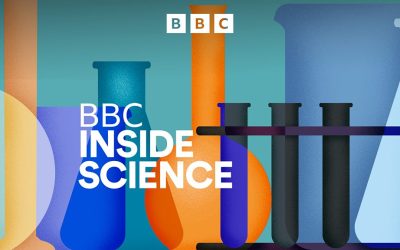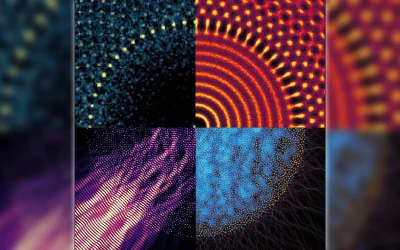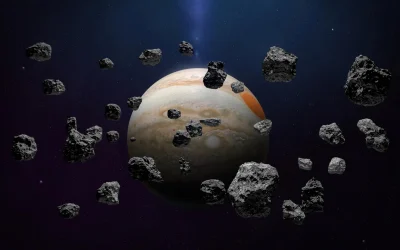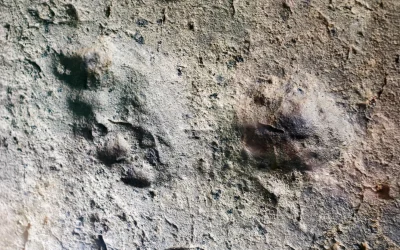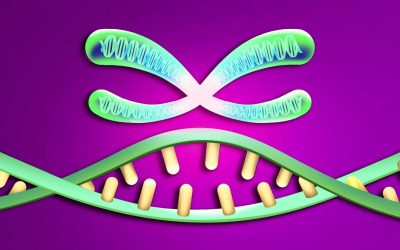
Our dogs’ diversity can be traced back to the Stone Age
Victoria GillScience correspondent, BBC News Victoria Gill/BBC News My own dog seems a long way from a wild wolf If you, like me, have a spoiled, lazy dog that enjoys cheese flavoured treats, the fact that your pet’s ancestors were wild predators can seem unfathomable. But a major new study suggests their physical transformation from…



